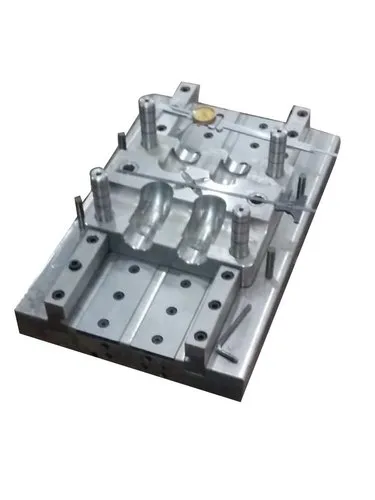
- Polyvinyl chloride (PVC) is one of the most versatile and widely used thermoplastics in molding and manufacturing. It is favored for its excellent balance of physical properties, cost-effectiveness, and adaptability to various industrial applications. PVC is available in rigid and flexible forms, allowing for a broad range of uses.
- Durability and Mechanical Strength:
- Rigid PVC exhibits high tensile strength and impact resistance, making it suitable for structural components and applications requiring long-term durability.
- Flexible PVC is resilient and pliable, allowing it to withstand bending and stretching without cracking or breaking.
- Chemical Resistance:
- PVC is resistant to many chemicals, including acids, alkalis, and salts. This makes it ideal for manufacturing pipes, fittings, and other components used in chemical processing and water systems.
- Thermal Stability:
- PVC has a relatively low melting point (typically between 100°C and 260°C, depending on additives) but can maintain its mechanical properties in moderate-temperature applications.
- Additives can enhance its heat resistance, extending its use in high-temperature environments.
- Flame Retardance:
- PVC is inherently flame-retardant due to its chlorine content. When exposed to fire, it exhibits self-extinguishing properties, making it suitable for applications requiring high fire safety standards, such as electrical insulation and building materials.
- Electrical Insulation:
- PVC is an excellent electrical insulator, widely used in the production of cables, wires, and electrical enclosures. Its resistance to moisture adds to its suitability for these applications.
- Adaptability and Customization:
- PVC can be easily modified with additives to improve its properties, such as plasticizers for flexibility, stabilizers for UV and heat resistance, and fillers for enhanced strength or reduced cost.
- It can be easily colored or textured, offering aesthetic flexibility for consumer goods and industrial applications.

